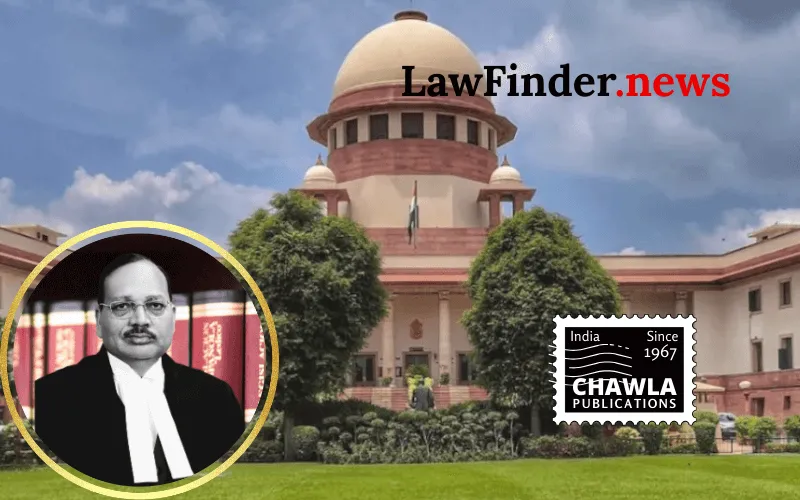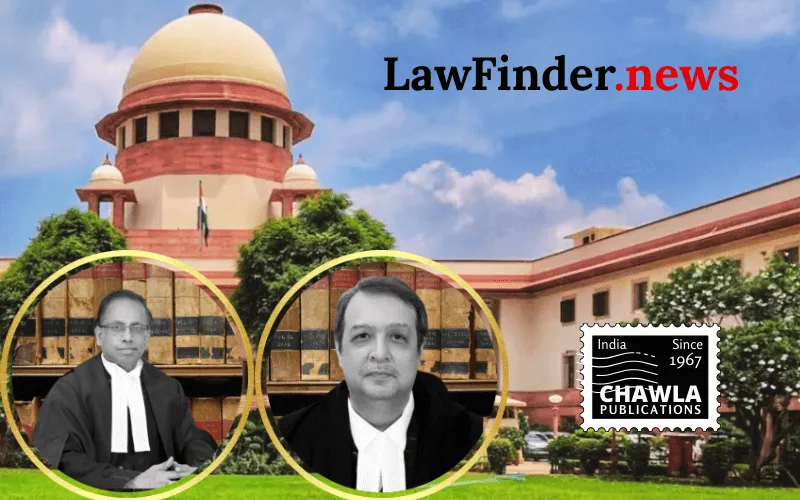Tenant's Challenge to Landlord's Title on Grounds of Forged Will Rejected; Eviction Order Confirmed
In a significant ruling, the Delhi High Court has upheld the eviction of a tenant, Naseem Ahmed, from a commercial property, reaffirming the principle that a tenant cannot challenge the landlord's title during the tenancy period. The court dismissed Ahmed's appeal against the eviction decree, confirming that his landlord, Deepak Singh, held rightful ownership under a Will deemed uncontested in the absence of credible evidence.
The case revolved around a shop located in Moonga Nagar, Delhi, where Ahmed had been a tenant since being inducted by Singh's mother, Gayatri Devi. Following Devi's demise, Singh claimed ownership through a Will dated April 5, 2022. Ahmed contested the eviction, alleging that the Will was forged and asserting continuous occupation of the premises without rent payment since 2011. However, the court emphasized that a tenant is estopped from disputing the landlord's title while in possession, as per Section 116 of the Indian Evidence Act, now Section 122 of Bharatiya Sakshya Adhiniyam, 2023.
The eviction process was initiated by Devi, but her petition was withdrawn upon realization that the Delhi Rent Control Act did not apply to the property. Singh subsequently issued a termination notice and filed a civil suit seeking possession, arrears, and mesne profits. The Commercial Court, North-East Delhi, ruled in Singh's favor under Order XII Rule 6 CPC, based on admissions in the pleadings, confirming the landlord-tenant relationship, termination of tenancy, and non-applicability of the DRC Act.
The High Court, presided by Justices Prathiba M. Singh and Shail Jain, dismissed Ahmed's appeal, reinforcing the lower court's findings. It noted the tenant's inability to substantiate claims of forgery or challenge the Will in any competent court, further stating that the institution of a suit itself suffices as notice to quit under Section 106 of the Transfer of Property Act, 1882.
Additionally, the court addressed the pecuniary jurisdiction concerns raised by Ahmed, affirming that the valuation of the suit, based on prevailing market rent, was justified. Judicial notice of rental escalation in metropolitan cities like Delhi supported the valuation, exceeding the Civil Court's jurisdiction, thereby affirming the Commercial Court's competence.
The decision underscores the legal framework governing tenancy disputes, emphasizing tenant estoppel and the primacy of documented ownership in eviction proceedings. It also illustrates judicial discretion in summary disposal under Order XII Rule 6 CPC, aimed at avoiding protracted litigation when admissions are clear and unequivocal.
Bottom Line:
Tenant cannot challenge the landlord's title during the continuance of tenancy, even if the Will under which the landlord claims ownership is alleged to be forged.
Statutory provision(s): Transfer of Property Act, 1882 Section 106, Delhi Rent Control Act, 1958 Section 1(2), Order XII Rule 6 CPC, Court Fees Act, 1870 Section 7(xi)(cc), Indian Evidence Act, 1872 Section 116 (now Section 122 of Bharatiya Sakshya Adhiniyam, 2023).
Naseem Ahmed v. Deepak Singh, (Delhi)(DB) : Law Finder Doc Id # 2794376




